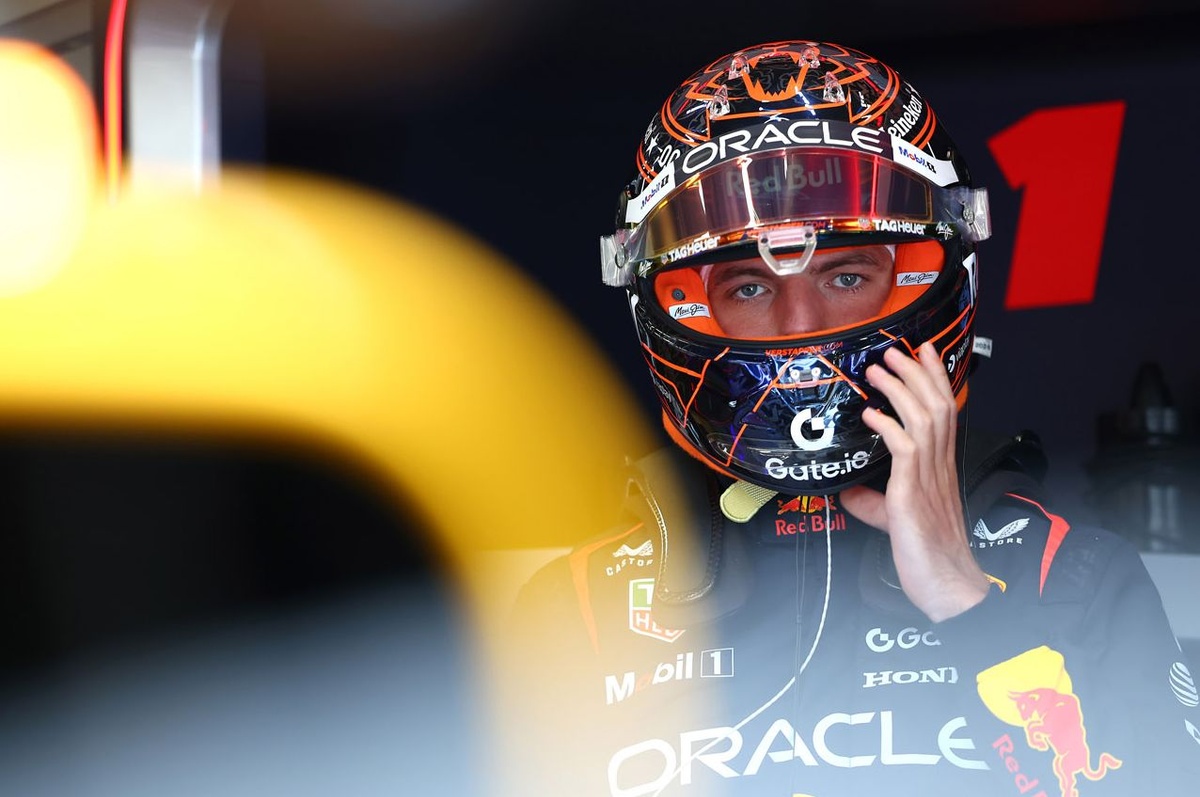Max Verstappen has definitively committed his future to Red Bull Racing through the 2026 Formula 1 season, a decision that now prompts widespread analysis into its strategic merits and potential implications for his championship aspirations.
The Dutchman’s announcement, made during media day ahead of the Hungarian Grand Prix, effectively silenced persistent rumors surrounding his contractual status, which Verstappen himself attributed largely to media speculation. Despite the public narrative, key figures within the sport had deliberately maintained ambiguity around his future, suggesting a calculated approach.
This deliberate ambiguity was evidenced by Toto Wolff’s admission of prior conversations, illustrating the natural inclination for top teams to explore all options. However, a specific clause in Verstappen’s contract, contingent on his championship standing by the summer break, ultimately solidified his stay, closing off any theoretical exit routes for the upcoming season.
For Red Bull Racing, the 2026 season introduces significant variables, most notably their ambitious in-house power unit development project. This undertaking represents a substantial technical challenge, as no manufacturer can definitively gauge its competitive standing relative to rivals, making it a considerable leap into the unknown, particularly for a new entrant like Red Bull Powertrains.
Further complexities arise from changes within Red Bull’s technical leadership, with the departures of pivotal figures such as Adrian Newey impacting the team’s long-term design capabilities. Additionally, the team’s acknowledged reliance on an outdated wind tunnel, while expected to be less impactful under the new regulations, still presents a developmental handicap, though a new facility is anticipated to come online next year.
Despite these internal uncertainties, Verstappen’s choice also reflects the lack of guaranteed competitive alternatives. While Mercedes’ next-generation engine is reportedly promising, it remains unproven under new regulations, and a switch would entail adapting to an entirely new team environment. Verstappen’s comfort and established rapport within Red Bull, including a developing technical relationship with new team boss Laurent Mekies, played a significant role in his decision to remain.
Crucially, Verstappen’s commitment until 2026 positions him strategically for the highly anticipated 2027 F1 driver market. With significant contractual freedom after 2026, he will be able to assess the competitive landscape under the new regulations with a clearer perspective, allowing for a data-driven decision rather than a speculative gamble.
This calculated move ensures that if Red Bull underperforms in the initial phase of the new regulations, doors to other top teams, potentially including Aston Martin with a Honda-Newey reunion or even Mercedes, are likely to remain open for 2027. Ultimately, Verstappen’s decision prioritizes stability and informed future choices over immediate, uncertain transitions.






Leave a Reply